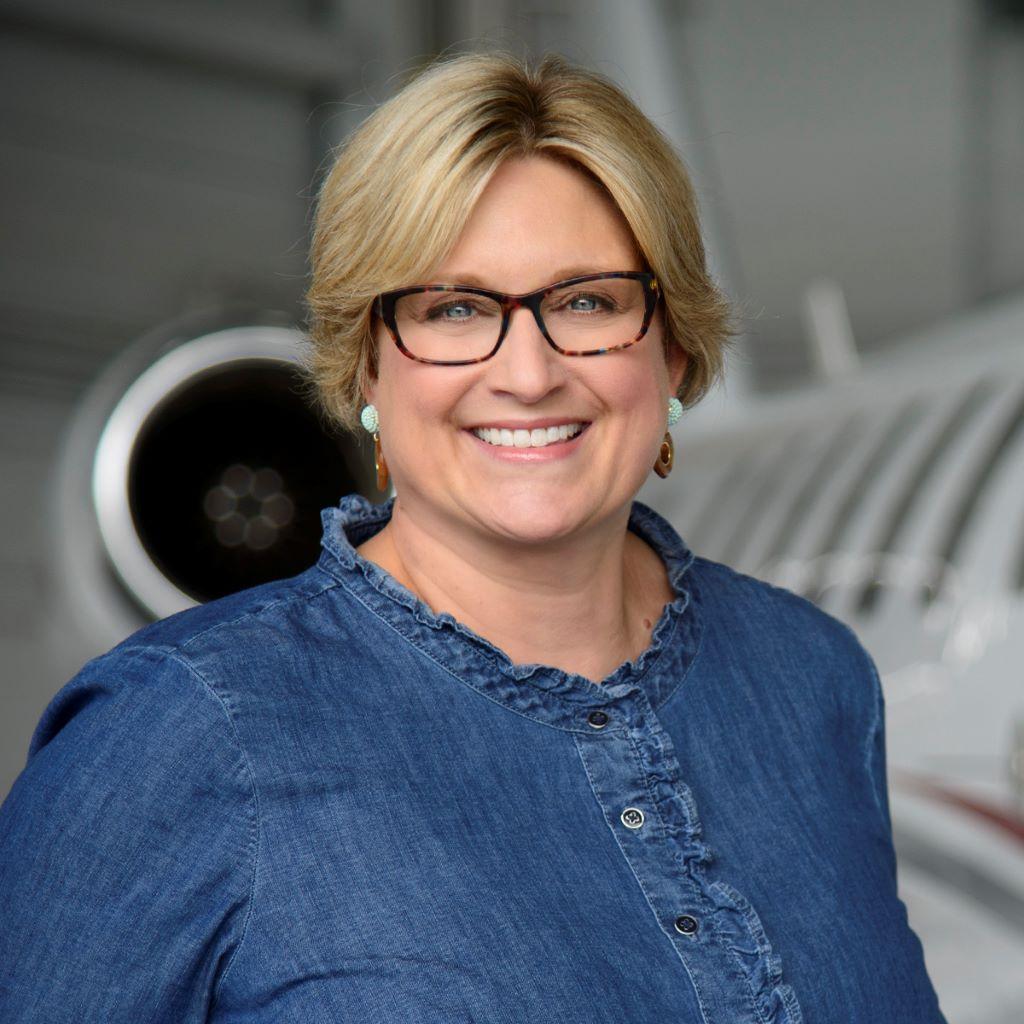Viewpoint: Is Your Professionalism Fit For Duty

During lunch at a recent industry event, the conversation at my table of seasoned business aviation leaders organically landed on the topic of professionalism.
As I am sure you already guessed, we were not extolling the high level of professionalism we are currently experiencing but instead lamenting the seemingly dying art of what it means to be a professional.
Stories of professionalism gone wrong began crisscrossing the table, producing multiple cringeworthy moments.
Just as the pandemic has been unkind to our children, it has also caused a decline in professionalism across industries, including aviation.
The transition from a 24/7/365 society to a locked-down, virtual world, shifted everyone’s priorities. While understandable, this sudden change took our eyes off professionalism.
Perhaps I am an idealist, but I have always held business aviation to a higher standard. I grew up watching my parents run a successful FBO while training and nurturing hundreds of employees during our 75 years in operation.
My parents had high standards for themselves and our team. New employees either embraced these or quickly washed out.
Professionalism to me means striving to always do the right thing. It is showing up on time, every time. It means putting thought and effort into my appearance, words, body language, and actions.
Professionalism is giving my full attention to what I am doing and treating others how I would like to be treated. It is also conducting myself in a conscientious way even when no one is watching.
Does all of this mean I have never had a professional misstep? No way. But being a professional means that we own our mistakes and make every effort not to repeat them.
Going back to that recent lunch conversation, it appears the overall level of professionalism in business aviation needs improvement.
Some of you may be in a position of leadership and can affect change.
If you are, I challenge you to pay attention to your team and set an intentional goal to enhance professionalism as individuals and as a group.
If you are an individual and wondering if your professionalism is fit for duty, here are some factors to consider in addition to those mentioned above:
• Overall, do you maintain a positive attitude and calm when things go wrong?
• How would your coworkers describe you as a peer?
• Is your social media behavior acceptable? Are your comments, posts, and online associations good representations of how you want to be perceived personally and professionally?
• Is your customer service to internal and external customers at the highest level?
• Are you trustworthy and able to maintain confidentiality when necessary?
• Are your written and spoken communications clear, concise, pleasant and appropriate?
• Is your appearance thoughtfully considered and consistently suitable for the occasion?
If you’re like me, it is much easier to see the answers to these questions in others’ behaviors and habits rather than identifying them in my own.
But professionalism also means that we should constantly strive for improvement. This is never truer than when you are considering a career move or job change.
Like other industries, business aviation is ripe with opportunity and job openings as the daily threat of Covid-19 wanes.
If you find yourself at a career crossroads or want to stick a toe into the active job market, make sure to approach your search with professionalism at the forefront.
Here are some tips for presenting yourself professionally:
• Be prepared and intentional when applying for a new opportunity.
• Create a resume tailored to each opportunity and accompany it with a customized cover letter when appropriate.
• Make sure your LinkedIn presence and personal brand are polished. Any discrepancies between your LinkedIn profile and resume experience are a red flag to hiring managers.
• Practice your interview skills and be prepared with your own questions for the interviewer.
• Leverage your network. Who you know really does matter. If you don’t already have one, seek out a mentor.
• Ask for help when necessary, and don’t be afraid to invest in yourself.
David Maister, a former professor, and business management writer, says, “Professional is not a label you give yourself--it’s a description you hope others will apply to you.”
As our industry and world continue to recover from the stress and strain placed on us by Covid-19, I hope we will all commit to elevating professionalism in business aviation.
Jenny Showalter is the founder and chief motivational officer of Showalter Business Aviation Career Coaching (SBACC). Her industry experience stems from working as the third generation in her family’s former FBO, Showalter Flying Service. Showalter serves as the Board Secretary for the Central Florida Business Aviation Association (CFBAA) and as a member of the National Business Aviation Association (NBAA) Local and Regional Groups Committee.




